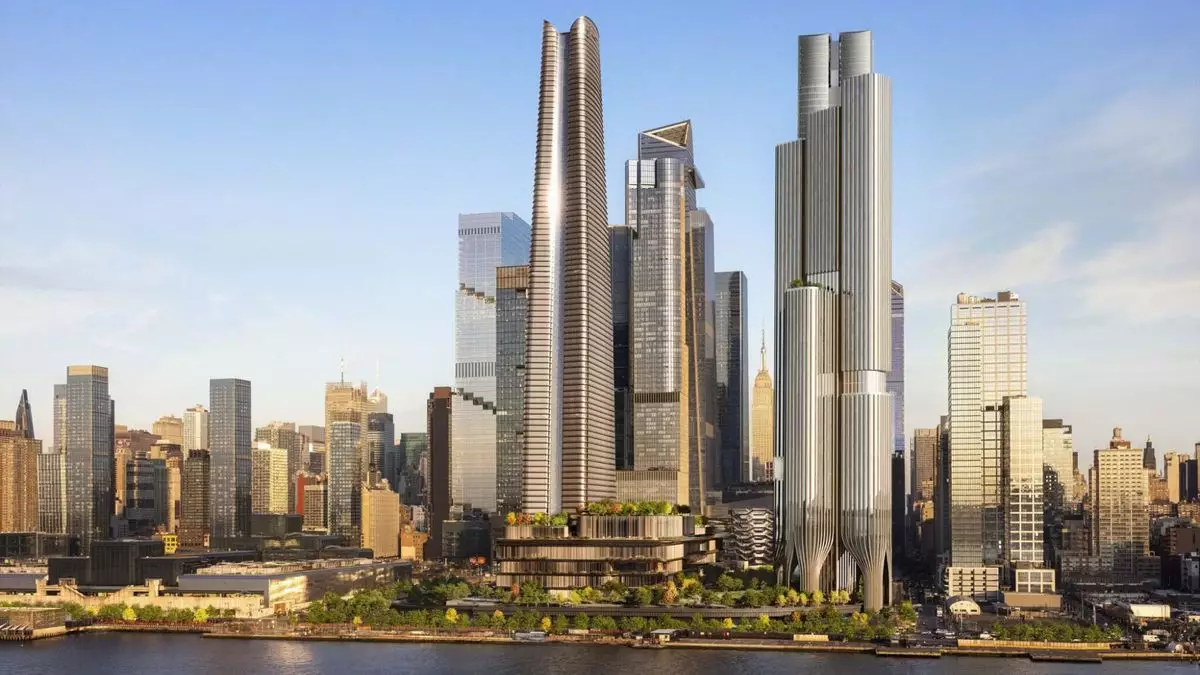In an unexpected turn of events, Wynn Resorts and Related Companies have opted to withdraw their ambitious $12 billion casino proposal for Hudson Yards, a decision that mirrors the growing importance of community sentiment in urban development. Despite the projected construction of a complex that would have created significant local employment opportunities, resistance from key stakeholders, notably New York City councilman Eric Bottcher, has underscored the challenges of navigating community opposition. This withdrawal is not just about a failed project; it highlights the broader implications of responsive governance in urban planning.
The rejection of the casino project signals a potential shift in how large corporations approach public engagement and regulatory frameworks. Wynn Resorts indicated that pursuing a gaming license in New York City would have proven fruitless amidst ongoing and intense opposition from local organizations including Friends of the High Line and Manhattan Community Board 4. Their refusal to proceed illustrates a strategic pivot away from high-risk investments that may not align with community values or priorities.
Community Voices Rising
This scenario evokes an essential discussion about the influence of community voices and the role they play in shaping urban landscapes. While corporations often view development as a profitable venture, local stakeholders perceive these projects through the lens of quality of life, sustainability, and cultural integrity. The opposition faced by Wynn Resorts showcases how communities are no longer passive spectators in the development discourse; they actively engage in advocacy for what they deem beneficial for their neighborhoods.
Residents and local leaders are increasingly aware of the long-term consequences development can impose on their environment. For instance, the Hudson Yards area is already a dynamic hub of economic activity, and there’s apprehension that a casino might dilute the neighborhood’s identity or exacerbate issues like traffic congestion and noise pollution. As such, the discourse surrounding the proposed project became an arena for community values to assert themselves against corporate ambitions.
A New Focus on Affordable Housing
In light of this development strip, Related Companies have pivoted towards a proposal to construct affordable housing units in the Hudson Yards area. This shift signifies a growing recognition that the urgent need for housing often outweighs the allure of luxury projects like casinos. By prioritizing affordable housing, Related Companies stands to enhance its public image while contributing to a critical societal need. Such initiatives can foster goodwill among community members and support a more inclusive neighborhood development approach.
The casino’s exit from Hudson Yards represents not merely a failed proposal but an opportunity for a transformative dialogue around urban planning priorities, resource allocation, and stakeholder engagement. In an era where socio-political dynamics are shifting, the success of future developments may very well hinge on how effectively corporations can align their visions with the needs and desires of the communities they seek to impact. The lessons of Hudson Yards serve as a compelling reminder for developers: an authentic commitment to community concerns is essential not just for a smoother development process, but for cultivating enduring relationships that benefit all parties involved.


Leave a Reply